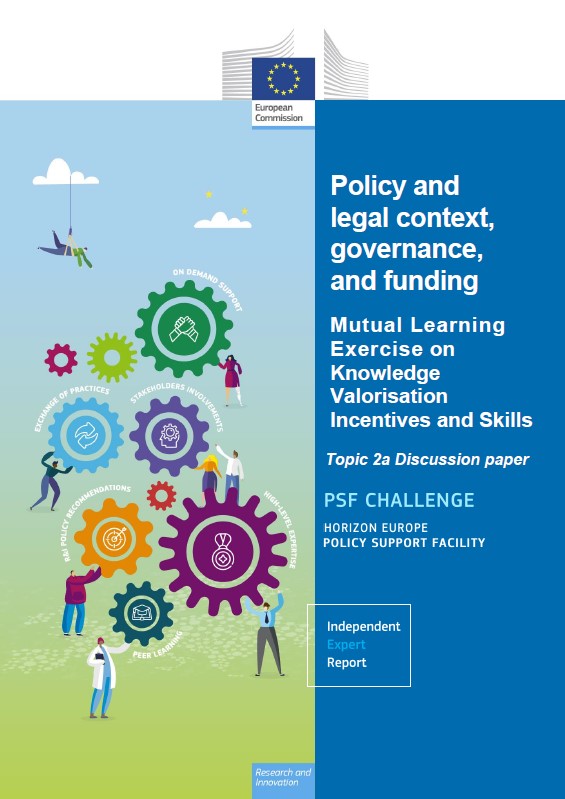
The Discussion Paper explores the policy and legal landscape for fostering knowledge valorisation in R&I. It focusses on the key national support mechanisms, such as funding, regulations, and soft instruments, highlighting the importance of a collaborative ecosystem for maximizing research impact.
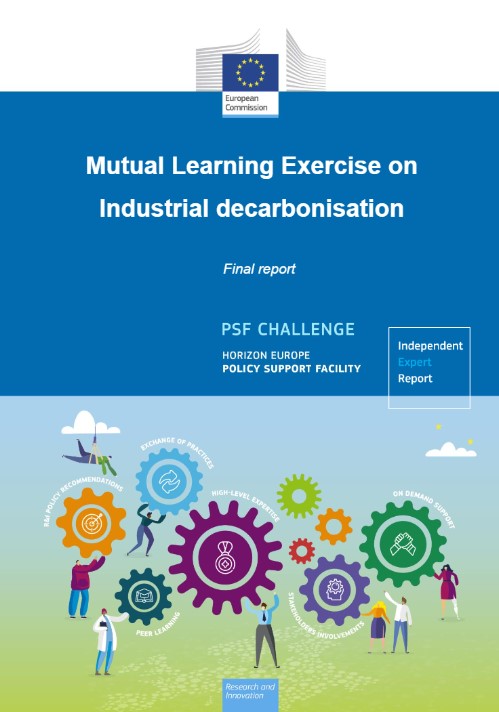
This report analyses challenges and opportunities for reducing carbon emissions in Europe's energy-intensive industries. It explores the lessons learnt and challenges from twelve countries to identify solutions and emphasises the need for collaboration to address energy supply issues. The report calls for faster adoption of low-carbon technologies and stable regulations to attract investment. It highlights the importance of a unified approach across Europe to achieve a sustainable and low-carbon industrial future.
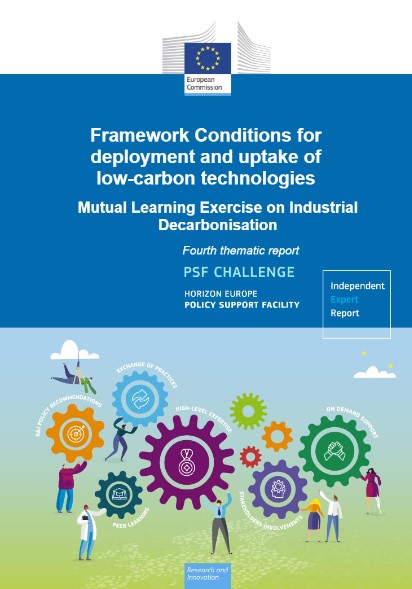
This Mutual Learning Exercise report on industrial decarbonisation, drawing on insights from 12 countries, explores key conditions needed for adopting and innovating low-carbon technologies in energy-intensive industries. It describes the importance of stable regulations, innovative financing options, and improved technology infrastructure & data sharing to speed up deployment of research & innovation solutions.
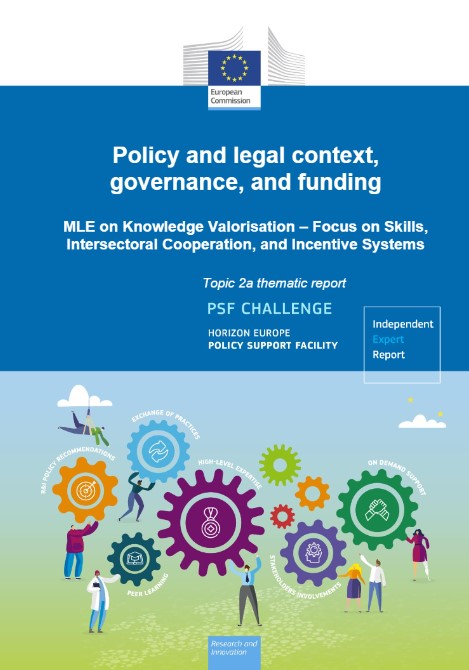
The Thematic Report focus on the lessons learned from discussions of the MLE on knowledge valorisation on policy and legal context, governance, and funding. The report highlights the critical importance of aligning a long-term strategic vision and goals with supporting tools for knowledge valorisation, including financial schemes, regulatory frameworks, and soft instruments.

The report focusses on the insights gained from the Topic 4 MLE meeting held in Helsinki, concentrating on multi-stakeholder networks and processes for knowledge valorisation. The report highlights the need for fostering multi-stakeholder networks to address regional, national, and European interests and discusses the important role of the public sector/authorities in building and maintaining those networks.
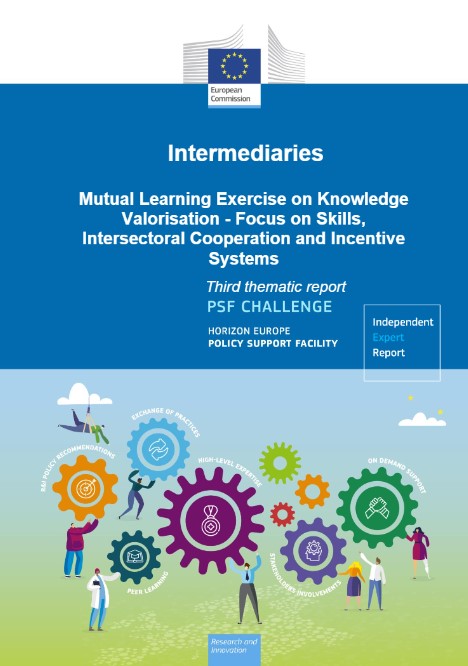
This report outlines knowledge valorisation intermediaries, explaining their role in open ecosystems and multi-actor perspectives. It explores the intermediary organisations as key players in knowledge valorisation, surveys existing intermediaries, describes new approaches and models used by both traditional and innovative intermediaries, and examines major policy implementation challenges.
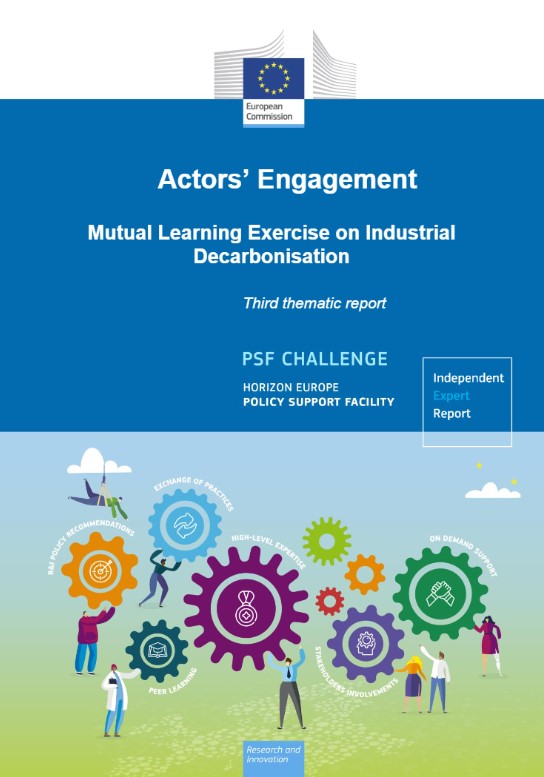
This report presents a detailed examination of the varied roles played by different stakeholders in the process of industrial decarbonisation, encompassing enterprises, governments, and community groups.
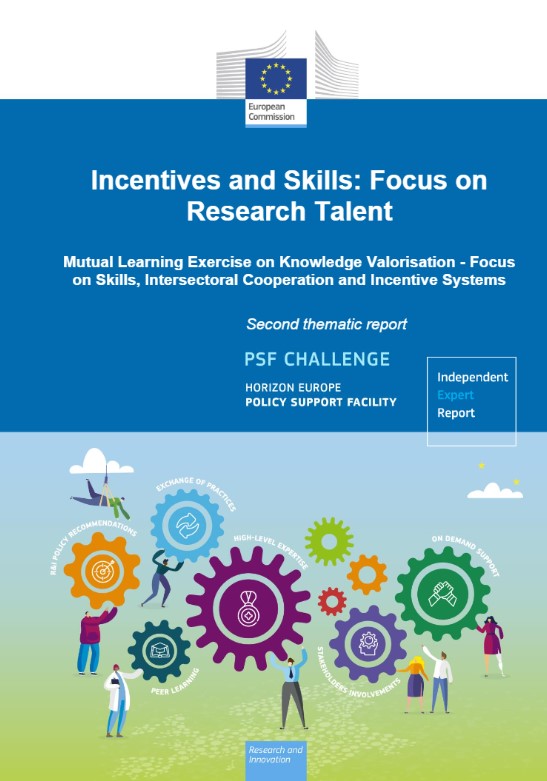
The Thematic report focuses on the lesson learned from the Topic 2b meeting in Vienna on research talents, capacity building and intersectoral mobility for knowledge valorisation. The report highlights the need for fostering intersectoral mobility to bolster innovation in Europe.
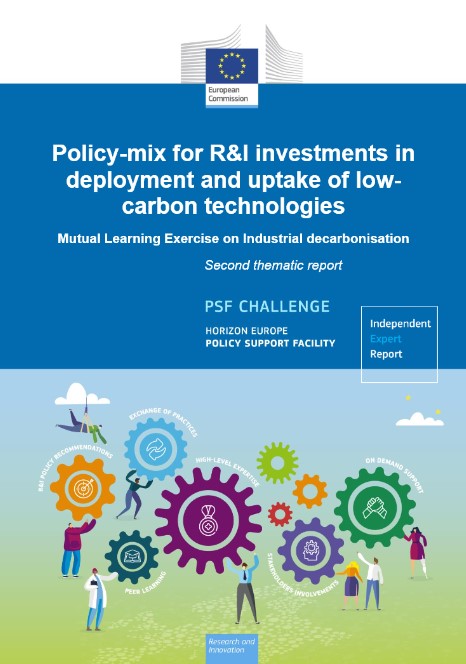
This report explores the building blocks constituting a policy-mix for the effective uptake and deployment of low-carbon technologies. It focusses on design and potential impact of national support programmes and initiatives, alongside industrial decarbonisation and demonstration projects across varied funded programmes. Furthermore, the report explores diverse financing instruments and examines the mobilisation of public and private research and innovation investments for climate neutrality
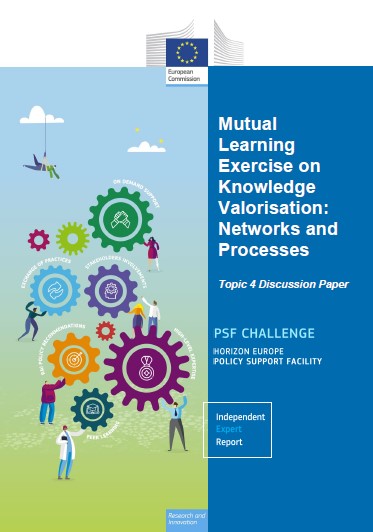
Knowledge networks connect people and organizations to share, create, and value knowledge. They can grow from local communities to national ecosystems.
This Discussion Paper explores how knowledge networks can create more disruptive innovation and bridge knowledge gaps. It also examines the processes and conditions that facilitate knowledge sharing and creation in networks.
